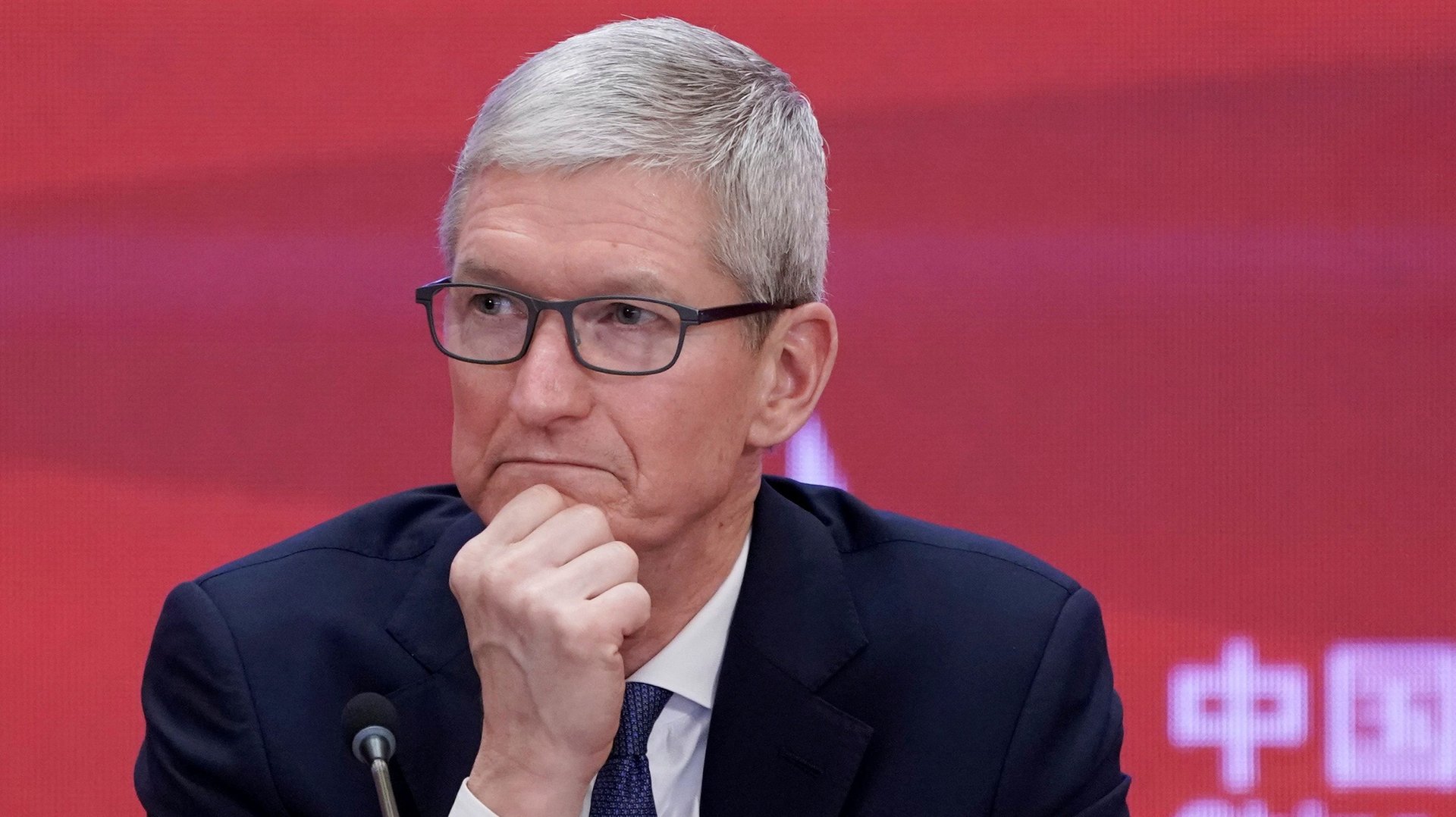A landmark study confirms the existence of a “gay glass ceiling”
Women’s rights and gender parity have dominated the public conversation about equality in the workplace in recent months, but a new study is a powerful reminder that the discussion needs to broaden.


Women’s rights and gender parity have dominated the public conversation about equality in the workplace in recent months, but a new study is a powerful reminder that the discussion needs to broaden.
An analysis of data from UK households confirmed a suspicion long held by gay men and women: Gay employees are significantly less likely to be promoted to high-level managerial positions than their straight peers with comparable education and experience.
In fact, gay men who do break through the “gay glass ceiling” are more highly educated than straight men in similar roles.
Although smaller studies have come to the same conclusion, the findings in this discussion paper, from the IZA Institute of Economics, were drawn from data collected in UK Integrated Household Surveys from 2009-2014, meaning the sample size included more than 600,000 working-age adults, over 6,000 of whom self-identify as gay, bi-sexual, or another minority orientation. It is the largest study to date on this topic.
Surprisingly, the authors report, the data showed gay men were more likely to report holding a managerial position on the lower rungs of the org chart than straight men with comparable credentials. It’s only those higher status, more generously paying jobs that lay on the other side of an invisible, mighty barrier. When they analyzed the data to suss out the source of this discrepancy, the researchers concluded that discrimination is the likely culprit.
For women, the evidence is “less clear-cut,” the authors report. The IHS surveys included questions about whether people managed others and what job titles they held, and the authors considered both responses. Lesbians were found to be less likely to hold a managerial job, but more likely to actually manage others at work, for example.
The paper also reaffirmed that, sexual orientation aside, women and people of minority races face a glass ceiling. It also detected a strong intersectionality effect. Gay men of color, it was clear, are even less likely to hold a high-status managerial post than white gay men.
Past research has found income gaps between gay and straight employees. Lesbian women are said to benefit from the “lesbian premium,” earning more than straight women doing the same work. It used to be the opposite for men, according to data, but a recent Vanderbilt University paper suggests the reverse is now true: In the US, gay men are now earning on average 10% more than straight men in jobs, versus a 9% premium for lesbians, according to the Vanderbilt economists.)
However, now we know that the premium does not apply further up the ranks, where there is more money, status, and influence to be gained.